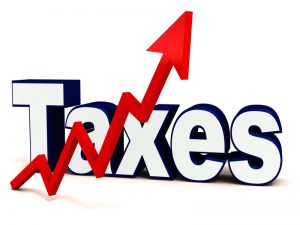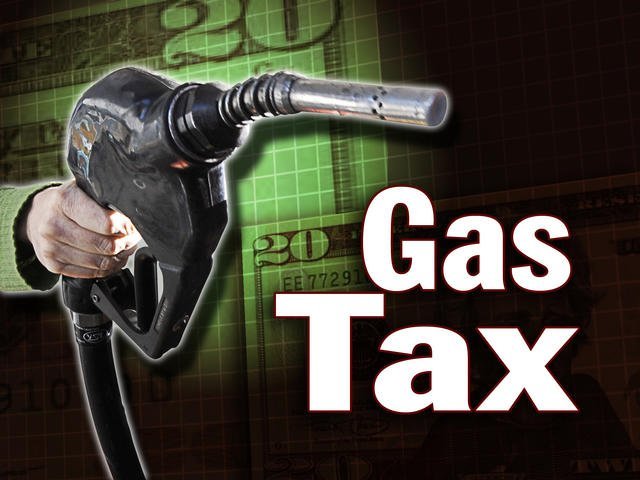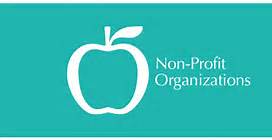I just read an interesting article about the business-friendly tax policy enacted by legislators in the state of Louisiana. The state of Louisiana already has some of the highest sales taxes in the country when state and local taxes are combined.
The new business-friendly policy reduces corporate taxes and personal income taxes to the tune of about $1.3 billion and this revenue is made up by increasing sales taxes to an even higher level. The rational for this is the desire to be competitive in attracting businesses to the state.
Business-Friendly Taxation State Competition
At its heart, the business-friendly taxation plans implemented all across the United States are a giant competition to bring in corporations. Every state and every municipality has long championed this tax structure. If we make it so a company has to pay little or often no taxes, they will build their factories here.
Businesses now hold bidding wars with various states and municipalities in order to get not only low taxes but enormous refunds and credits on the little taxes they do pay.
The rational expounded in Louisiana is just that. Their neighbor states have created enormous tax shelters and attracted businesses away from the Cajun State.
The Problem with Business-Friendly
Let me say I’m not a Bernie Sanders loving socialist screaming tax the rich from my soap box. I’m a Libertarian who believes in limited taxes and smaller government.
That being said, the problem with enterprise companies paying no taxes is the state still provides services for those factories. The state spends enormous sums to build and maintain roads so trucks can carry goods. The state pays for sewage and utilities. The state pays to clean up waste problems associated with spills. The state pays for the port facilities and the airports.
If the companies aren’t paying that money, then it falls on the citizens to pay via sales taxes. This is a horrendous solution. Taxes should be tied to the government services associated with them. Gas taxes should be spent on road maintenance. Gambling taxes should be spent on helping problem gamblers.
The current system is nothing more than taking money from the bottom income earners in this country to pay the bills for the wealthiest.
The system isn’t rigged as Bernie Sanders and many others in poor, rural communities like to argue. The system is working exactly the way it was designed to work. To siphon money from the bottom to the top.
The Solution is Simple
The solution to the entire business-friendly, take money from the poor and give it to the wealthy, is relatively simple. The government shouldn’t be involved in business enterprises in any way. They shouldn’t be giving tax breaks to incentivize companies to build in particularly locations.
This cuts both ways on the political spectrum. As an example; it’s obvious to me that electric car companies shouldn’t be getting $7,500 from tax-payers every time someone buys one of their cars because the government thinks it’s good for the environment. Nor should oil refineries and oil companies get enormous tax breaks because the government wants to drill-baby-drill.
I wrote about this in my Pretty Woman post when I suggested Edward is the protagonist of the movie. A business owner shouldn’t be shopping around to local government, it’s a perversion of capitalism and it’s doing dirty the great people of this country, democrats, republicans, and all the rest.
Tom Liberman






 Corporate tax status is in the news lately with Apple but I just read another
Corporate tax status is in the news lately with Apple but I just read another 
